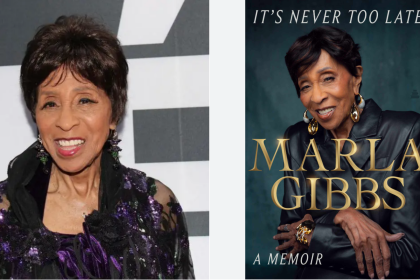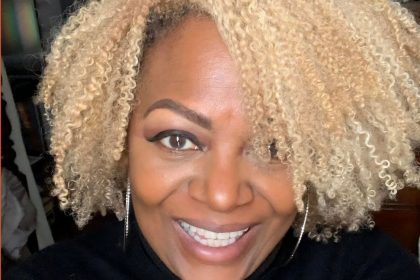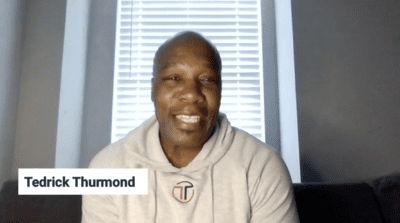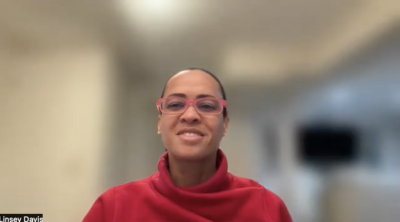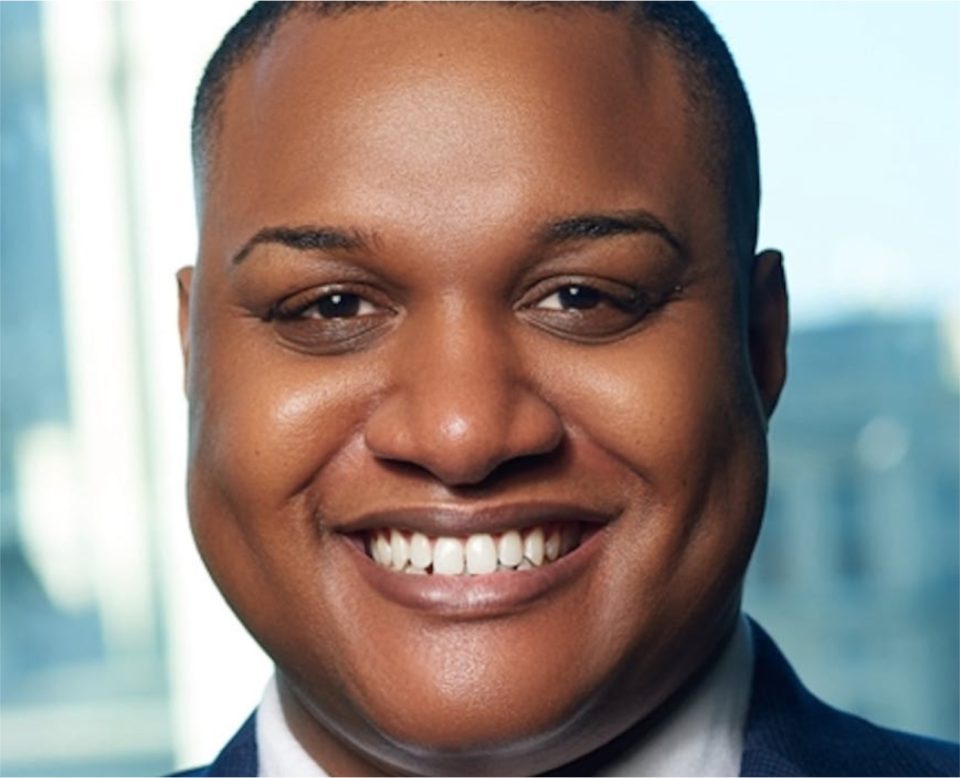
Ernest Owens is an award-winning journalist, CEO of Ernest Media Empire LLC, and the author of the book The Case for Cancel Culture: How This Democratic Tool Works to Liberate Us All.
Cancel culture is a term that describes ostracizing or censuring someone for socially unacceptable behavior or comments, and is widely viewed as merely blacklisting celebrities, or as censorship. But Owens argues that it’s time to raise the bar on our definition — to think of cancel culture less as scandal or suppression, and more as an essential means of democratic expression and accountability.
Tell us about your book.
I am redefining what cancel culture is and what it has been. I look at it as a democratic tool for those who are on the margins, to speak truth to power and to call for accountability. I don’t see it as something that is only a conservative issue or a liberal issue. I see it as something that is a people issue. I see it as something that is misunderstood and misguided. My book is ambitious, I don’t hold any punches. I argue that cancel culture, the way that we assume it to be and what we don’t has been around since Adam and Eve. Adam and Eve were probably the first people to be canceled. Ever since then from Joan of Arc to the Salem witch trials, all of these moments in history people were being canceled, persecuted and challenged. I don’t see cancel culture as being super positive or super negative. I think there’s a wrong connotation that’s been defined by the most powerful and privileged people among us. It’s a dog whistle when people want to challenge authority. Before there was cancel culture, there was PC [politically correct] culture. Before that, there was the Red Scare. There were all these labels to try to [suppress] dissent, so I think this book is an opportunity to level the playing field to provide a different, nuanced perspective on it.
What is cancel culture?
Cancel culture comes in to hold people accountable in ways that they couldn’t otherwise. If we’re talking about ideas, I’m directing to people in power, and these institutions that could be canceled to read the room, to be more mindful, to be more respectful, and to be a better person. I find that more people who are given grace often in certain situations about cancel culture, they’re sometimes given grace if they’re more forthcoming and if they use their power for good and shift narratives. There are situations where there is more grace to be given to them. We’ve seen people throughout time who have been counseled, but then have resurrected and come back into the fold. We’ve seen this often, I think that people can make mistakes and make bad judgments, and depending on who they are in our society, they can repair them.

